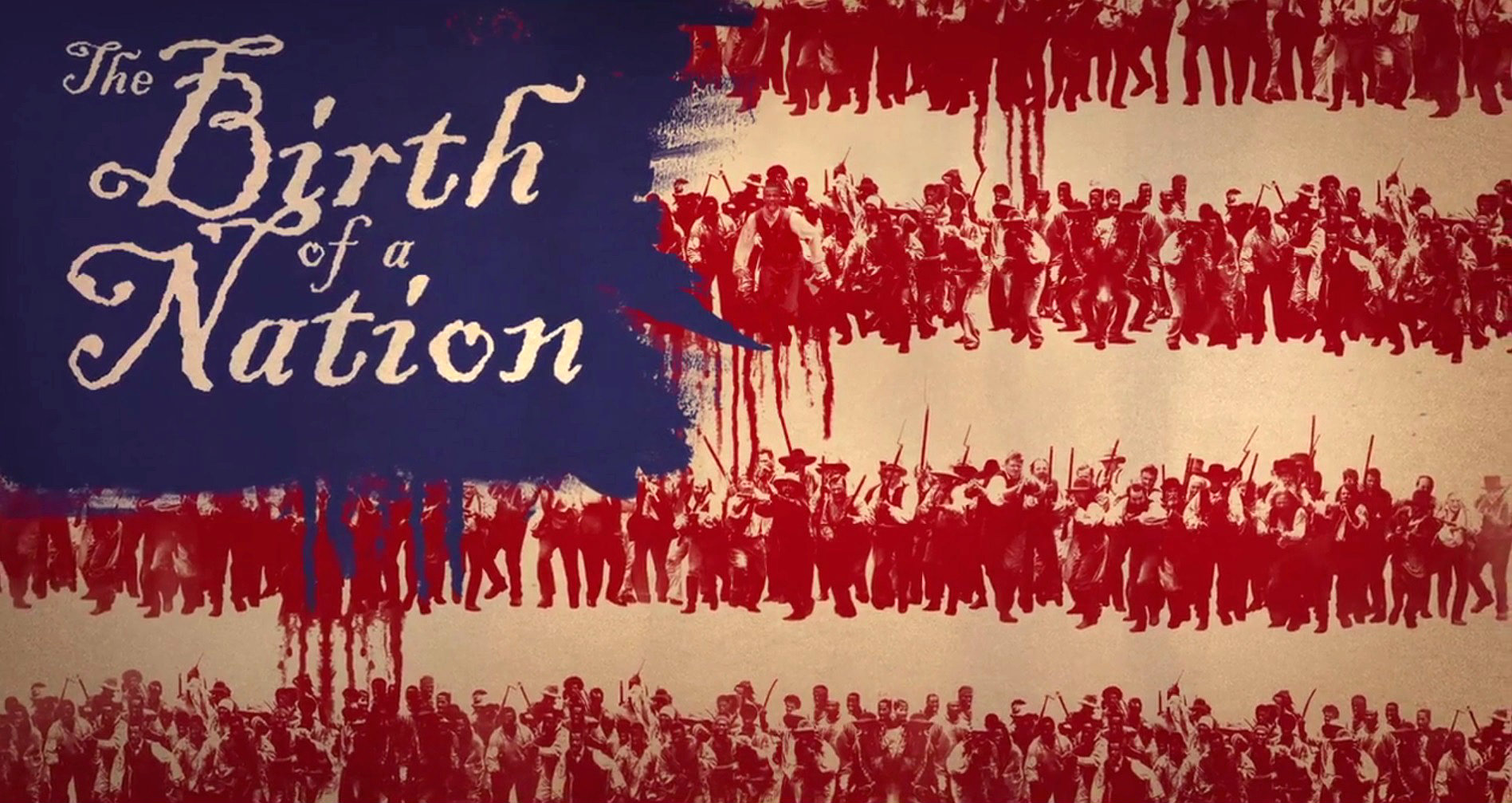
The oppression and sheer brutality of the institution of slavery in 19th century America is a confusing affair for anyone who chooses to study that period of our nation’s history. How could a country have the capacity to do so much damage people solely based on race? How is racial injustice still permitted to this day? These were questions I had before watching “The Birth of a Nation” by Nate Parker. The film uses the same name as the 1915 Ku Klux Klan propaganda film in an ironic way. However, after the film, I wondered why “The Birth of a Nation” felt more superficial than substantial. A two hour long film with tropes like cheap montages and off-the-cuff social commentary seemed inappropriate for a story recounting an issue as grave as the one presented in “The Birth of a Nation.” Though the film’s cinematography and soundtrack are definitely commendable, their worth is brought down by cliches and the forced political agenda that Parker attempted — yet failed — to deliver.
Documenting one of the very few successful slave rebellions in the United States, “The Birth of a Nation” follows the story of literate slave and preacher Nat Turner and the zealous crusade he led with fellow slaves against his own master and others of his county. The film plays out chronologically, with Turner as a boy witnessing countless injustices, then maturing into the vindictive martyr history remembers him as. While it makes sense to portray both the good and bad that happened to Turner as a youth to shape his character, Parker develops Turner’s background almost haphazardly. Towards the beginning of the film, a scene of Turner passing by the decaying corpse of another slave is confusingly juxtaposed with Turner’s marriage and a subsequent sex scene. It’s hard to follow the narrative of the story if the mood of the film fluctuates every so often.
At least the mood is identifiable, due to the spiritual chants and the orchestral score. When the movie finally reaches the actual rebellion, the 48-hour long affair and following trial and execution is reduced to an unfocused montage of violence and gore. Though there is a very artistically compelling shot of Turner standing on one side of a cross while a dead slave owner stands on the other during this whole ordeal, the meaning of this symbolic event is unfortunately stripped of its climactic purpose by being overwhelmed by a scene of extreme violence. The rebellion itself is the most historically exaggerated feature of “Birth of a Nation” as well, which also seems confusing given that the story of Nat Turner himself seems to be the focus of the movie.
Noble as it may be, a call to action was something Parker attempted in “The Birth of a Nation” but failed to garner. With respect to the current Black Lives Matter movement and support for African-Americans, I think the film intended to raise awareness of injustice both past and present, but the vibe from this movie came off as rather militant and aggressive. After all, the movie is about an oppressed minority rising up and killing their oppressors. It is empowering to exact vengeance at the tip of a sword, but a call to violence should not be the social movement that “The Birth of a Nation” inspires. Nat Turner’s rebellion did end in failure, and more than 200 innocent African-Americans were murdered in retaliation by white Americans. In my honest opinion, a story like that of Nat Turner’s is just too powerful to be presented in just a film by an imperfect producer. We may never fully understand what Nat Turner accomplished and what his impact was on our country, but Nate Parker’s “The Birth of a Nation” is a step, albeit a weak one, in the right direction.






Nicely done. Sophomore English must be working.